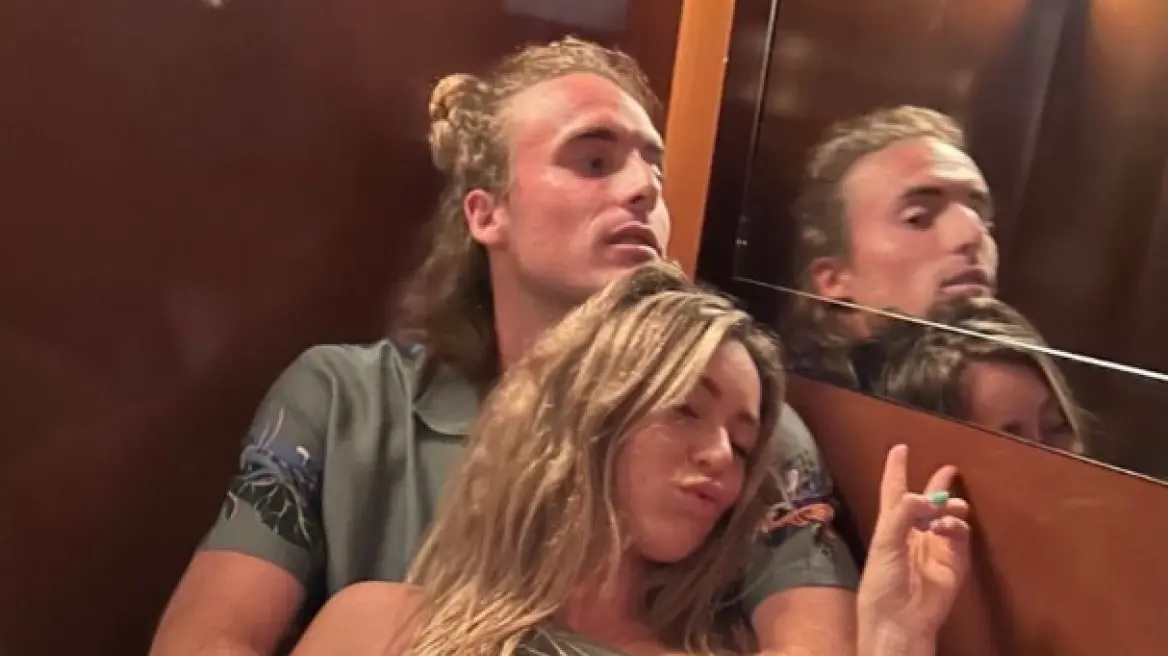World No. 9 Paula Badosa opened up about her chronic back injury. Due to persistent health issues, she has been sidelined since the WTA 1000 tournament in Miami.
– Do you recall the exact moment you got injured?
– In Miami, I felt intense pain, like a whip crack. For nearly four weeks afterwards, I was completely incapacitated – unable to play tennis or even function normally. During the first few days in Monaco, I couldn`t even watch television because I couldn`t find a comfortable sitting position without pain. The initial pain injection offered zero relief; I was in utter despair and felt dreadful. After the second injection, the pain subsided, allowing me to resume a normal life. Gradually, I started training and going to the gym again.
– That sounds like a terrible way to live…
– I wake up in fear every single day. Seriously, this week I had to message Pol [Toledo, her coach] at 5 am because the uncertainty about my back the next day – whether I`d be able to live normally – kept me from sleeping. Mentally, that`s the hardest challenge.
– Based on what you`re saying, it seems you`ll never be able to step onto the court without risk.
– There will always be some level of risk, and that`s my biggest concern. In my first match in Miami, I felt perfectly fine, I had played practice sets without issues the week prior, but after the sixth game, a sharp pain emerged, completely throwing me off. I`m highly emotional, so I couldn`t process it: Was it serious? Was it stress-related, or just an awkward movement? In moments like those, you feel utterly lost. I then decided: either I retire from the match, or I try to push through. Often, not retiring only makes the condition worse. In certain matches, I realize I`m not even competing against my opponent – and that`s incredibly frustrating.
– Why do you keep attempting to play?
– I can`t do otherwise; I`m incredibly stubborn. For me to end my career, doctors would have to strongly advise it – and I am in constant communication with them. I`ve told them many times: until you operate on me and tell me there`s absolutely no other option, I will continue to take injections, even knowing how poorly they affect me and how detrimental they are to my body.
– Are there side effects?
– There are numerous side effects, and they impact me significantly physically. But if the injections allow me to compete, I will take them. That`s simply my nature.
– You discuss the end of your career so calmly, as if it`s imminent.
– That`s exactly it; I`ve come to terms with it. My strong will has helped me gradually process this thought: I know I will end my career early, and the very next day, I will go in for surgery. I understand this given the trajectory of my career and the persistent issues I have with my back.
– Is it genuinely worth it?
– Tennis gives me so much on a daily basis; the process itself is my passion. Ultimately, I`m only 27. If I had to retire at 30 or 32, that would be acceptable. But if I can manage to extend it further, I will try my best.
– Would playing less frequently help?
– That`s my dilemma: if I feel recovered, I want to play everywhere. Pol and I often disagree: he advises me not to think beyond the next tournament, not to obsess over qualifying for Riyadh [for the Finals], but I find that very difficult. I`ve frequently asked myself: Do I want to play for another five years but less often, or do I want to take the risk and fight for significant goals? I believe the answer lies in finding a balance.

